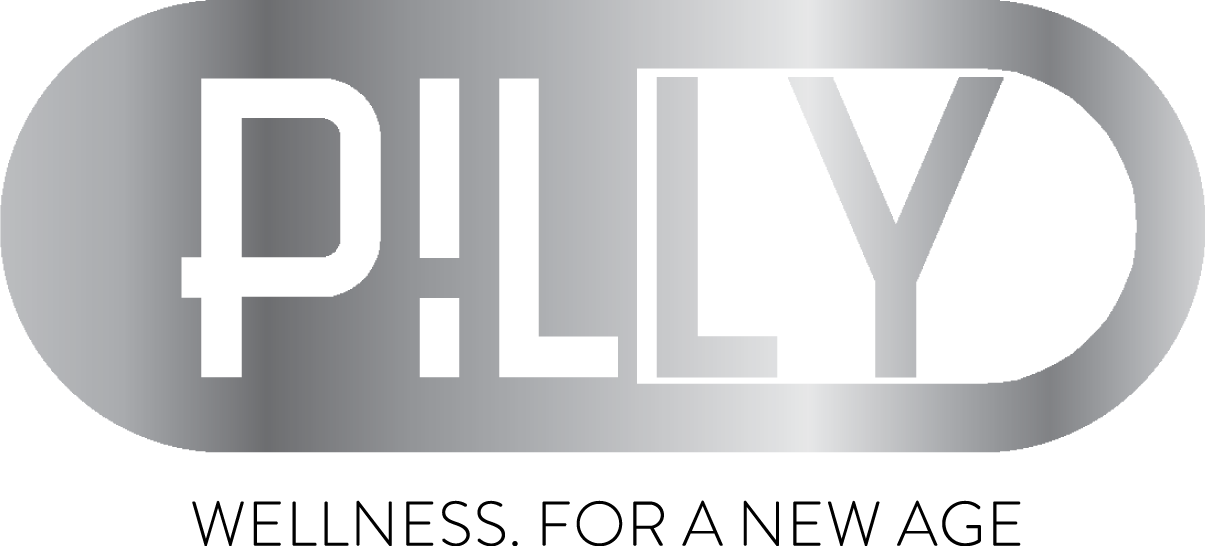
Collagen Supplementation for Joint Health
Collagen supplementation has gained significant attention as a potential dietary intervention to improve joint health, especially for individuals suffering from joint pain and osteoarthritis. In this review, we will delve into the clinical evidence supporting the use of collagen supplementation for joint health, exploring its mechanisms of action, benefits, and implications for individuals with joint-related issues.
Understanding Joint Health and Osteoarthritis
Joint health is essential for maintaining mobility and quality of life. Osteoarthritis (OA) is a prevalent joint condition characterized by inflammation and the progressive destruction of articular cartilage. It affects various joints, leading to pain, functional limitations, and reduced quality of life. Current pharmacological treatments for OA primarily focus on analgesics and non-steroidal anti-inflammatory drugs (NSAIDs). However, long-term use of these medications poses safety concerns, especially for patients with comorbidities, necessitating the exploration of alternative treatment options.The Role of Collagen in Joint Health
Collagen, as the most abundant protein in the extracellular matrix and connective tissues, plays a crucial role in maintaining joint integrity and function. Different types of collagens exist, each with unique structures, compositions, and origins, contributing to diverse properties and potential effects on joint health. Collagen supplementation has emerged as a promising approach to support joint health, focusing on types such as native collagen and hydrolyzed collagen.Types of Collagens Related to Joint Health
- Native Collagen: Known for its immune-mediated mechanism of action, native collagen requires the recognition of epitopes to inhibit inflammation and tissue catabolism at the articular level.
- Hydrolyzed Collagen: Contains biologically active peptides that can reach joint tissues, exert chondroprotective effects, and stimulate cartilage extracellular matrix synthesis.
Mechanisms of Action in Joint Health
Native Collagen
- Oral Tolerance Mechanism: Native type II collagen elicits an immune-mediated response that can suppress autoimmune reactions against endogenous collagen at the articular cartilage level, reducing OA-related inflammation.
Hydrolyzed Collagens
- Bioavailability: Peptides from hydrolyzed collagens have high bioavailability, allowing them to accumulate in cartilage tissues, stimulate extracellular matrix synthesis, and promote chondroprotective effects.
Clinical Evidence Supporting Collagen Supplementation
Several clinical trials have evaluated the therapeutic potential of collagen supplementation for joint health, focusing on both native collagen and hydrolyzed collagens. Studies have reported positive outcomes in terms of pain relief and improvements in joint function, highlighting the efficacy of collagen supplementation as a complementary approach for individuals with joint pain and osteoarthritis.Clinical Studies on Collagen Supplementation
- Duration: Studies varied from 1.5 to 12 months.
- Daily Dose: Most studies used a standard dose of 40 mg/day.
- Main Results: Symptomatic improvements in pain, function, and reduced cartilage degradation were reported across various studies.
